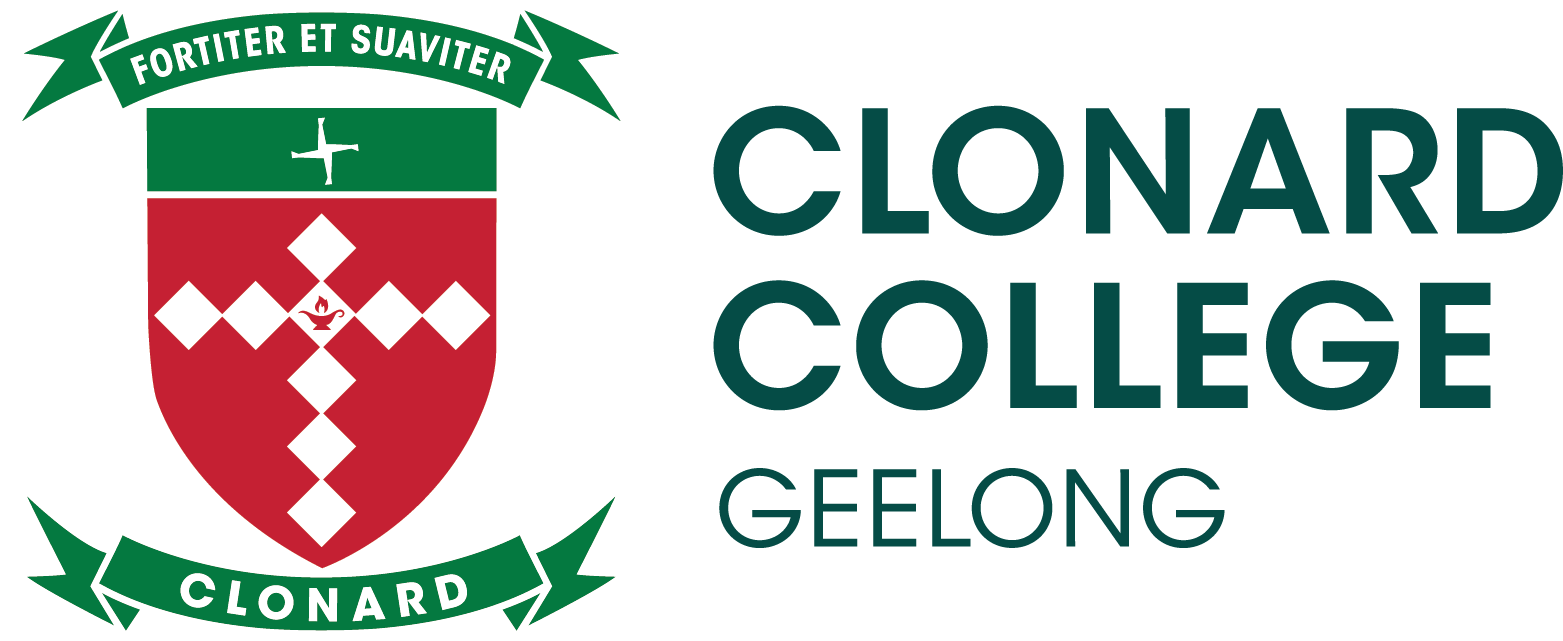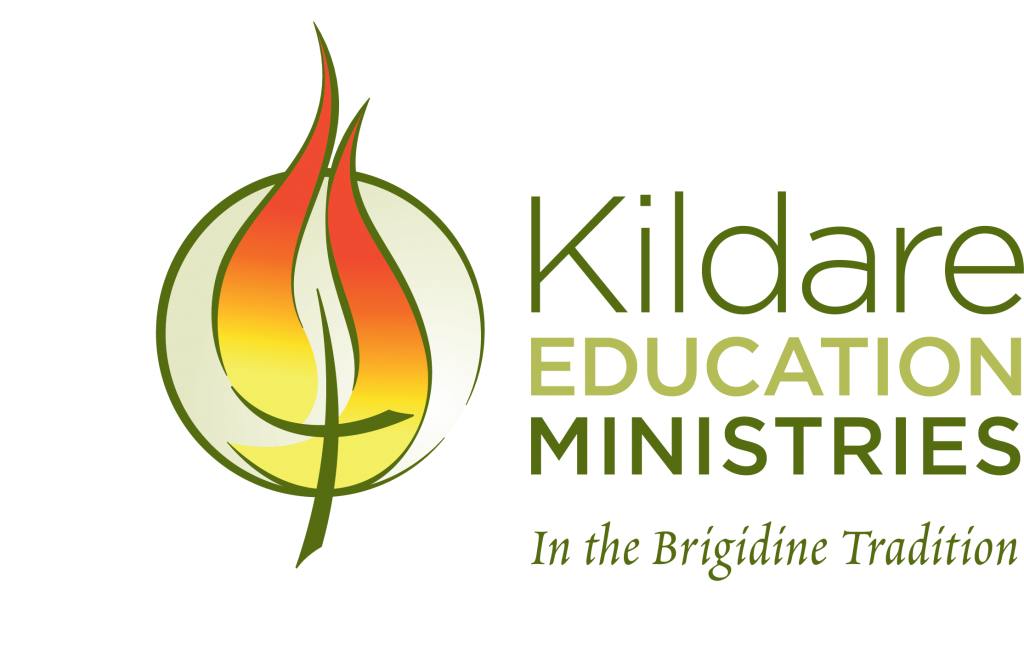Unit 1: Texts in Traditions
In this unit students examine the place of texts and their literary forms within a religious tradition. Story-telling is one of the major literary forms in religious traditions; other forms include law, prophecy, sacred songs, reflection and instruction. Students explore the importance of texts at the source of a tradition and how their meaning for the earlier and continuing tradition might be found and described.
Areas of Study:
Exploring literary forms
The formation and exegesis (the process of searching for and giving expression to the meaning) of text
Later uses and interpretations of sacred texts
At Clonard College, this unit MAY be studied at Year 10 as a chosen VCE Religious Education pathway, if students do not choose to study the Year 10 College based curriculum.
Unit 2: Texts in Society
This course will investigate the New Testament times in order to explore the themes of justice, racism and gender roles. Students will explore a number of traditional writings including the Gospel of Luke. The author of Luke has a deep interest in women and the poor, or those of low social status.
Other texts will be compared and contrasted with Luke, including Matthew, Mark and parts of the Old Testament.
Areas of Study:
Sacred texts in the past
Sacred texts today
Comparing religious traditions
At Clonard College, this unit MAY be studied at year 11 as a chosen VCE Religious Education pathway.
This unit is an appropriate pathway into Text and Traditions units 3 & 4.
Unit 3: Texts and the Early Traditions
The texts of a particular religious tradition are foundational in that they recount, for example, specific events, narratives, laws, prophetic pronouncements and teachings that describe the beginnings and initial development of a religious tradition.
In this unit students explore the society and culture from which the tradition being studied was formed. They seek an understanding of the historical background that lent shape and content to the texts themselves.
Areas of Study:
The background of the tradition
Thematic and literary aspects of the set texts
Interpreting texts
Unit 4: Texts and Their Teachings
In this unit students continue to apply exegetical methods to the passages for special study begun in Unit 3, but to greater depth. Some texts are regarded as essential for the continuation of a tradition because they function as a means of communicating teachings or understandings about the relationship between the human and the transcendent. These understandings are often expressed through ideas, beliefs or themes in the particular texts.
Areas of Study:
Interpreting texts
Religious ideas, beliefs and themes
WHERE WILL THIS LEAD
Post-secondary Education: Theology, Arts, Social Sciences, Political Science, International Studies, International Development, Law, Journalism, Communication, Philosophy, etc.
Employment: Teacher, Social Worker, Youth and Community Worker, Counsellor, Librarian, Researcher, Lawyer, Historian, International Aid/Development Worker, Writer…
Life Skills: Studies in Religion and Society provide students with the opportunity to develop a range of skills such as communication, planning and organising, team work, problem solving, self-management, initiative and enterprise, etc.


